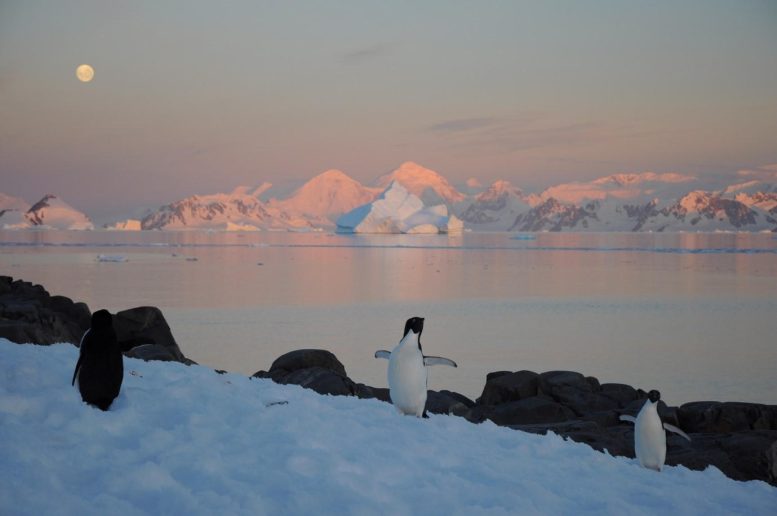
Penguins and a seal on the Antarctic Peninsula. Credit: Prof. Anna E. Hogg, University of Leeds
Researchers suggest that Antarctica will almost certainly experience more frequent and intense extreme events, such as ocean heatwaves and ice loss.
As efforts intensify to keep global warming within the 1.5°C target set by the Paris Agreement, scientists caution that recent extremes in Antarctica might only be a precursor to what’s ahead.
The study reviews evidence of extreme events in Antarctica and the Southern Ocean, including weather, sea ice, ocean temperatures, glacier and ice shelf systems, and biodiversity on land and sea.
It concludes that Antarctica’s fragile environments “may well be subject to considerable stress and damage in future years and decades” – and calls for urgent policy action to protect it.
“Antarctic change has global implications,” said lead author Professor Martin Siegert, from the University of Exeter. “Reducing greenhouse gas emissions to net zero is our best hope of preserving Antarctica, and this must matter to every country – and individual – on the planet.”
Professor Siegert said the rapid changes now happening in Antarctica could place many countries in breach of an international treaty.
“Signatories to the Antarctic Treaty (including the UK, USA, India, and China) pledge to preserve the environment of this remote and fragile place,” he said.
“Nations must understand that by continuing to explore, extract and burn fossil fuels anywhere in the world, the environment of Antarctica will become ever more affected in ways inconsistent with their pledge.”
The researchers considered the vulnerability of Antarctica to a range of extreme events, to understand the causes and likely future changes – following a series of recent extremes.
For example, the world’s largest recorded heatwave (38.5°C above the mean) occurred in East Antarctica in 2022 and, at present, winter sea ice formation is the lowest on record.
Extreme events can also affect biodiversity. For example, high temperatures have been linked to years with lower krill numbers, leading to breeding failures of krill-reliant predators – evidenced by many dead fur seal pups on beaches.
Co-author Professor Anna Hogg, from the University of Leeds, said: “Our results show that while extreme events are known to impact the globe through heavy rainfall and flooding, heatwaves and wildfires, such as those seen in Europe this summer, they also impact the remote polar regions.
“Antarctic glaciers, sea ice, and natural ecosystems are all impacted by extreme events. Therefore, it is essential that international treaties and policy are implemented in order to protect these beautiful but delicate regions.”
Dr. Caroline Holmes, a sea ice expert at British Antarctic Survey, said: “Antarctic sea ice has been grabbing headlines in recent weeks, and this paper shows how sea ice records – first record highs but, since 2017, record lows – have been tumbling in Antarctica for several years.
“On top of that, there are deep interconnections between extreme events in different aspects of the Antarctic physical and biological system, almost all of them vulnerable to human influence in some way.”
The retreat of Antarctic sea ice will make new areas accessible by ships, and the researchers say careful management will be required to protect vulnerable sites.
The European Space Agency and European Commission Copernicus Sentinel satellites are an essential tool for regular monitoring of the whole Antarctic region and the Southern Ocean.
This data can be used to measure ice speed, sea ice thickness, and ice loss at exceptionally fine resolution.
Reference: “Antarctic extreme events” by Martin J. Siegert, Mike J. Bentley, Angus Atkinson, Thomas J. Bracegirdle, Peter Convey, Bethan Davies, Rod Downie, Anna E. Hogg, Caroline Holmes, Kevin A. Hughes, Michael P. Meredith, Neil Ross, Jane Rumble and Jeremy Wilkinson, 8 August 2023, Frontiers in Environmental Science.
DOI: 10.3389/fenvs.2023.1229283

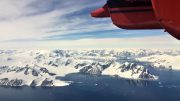
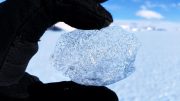
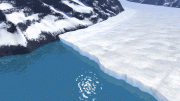
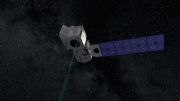
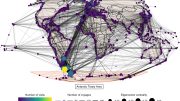
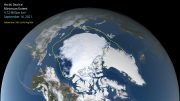
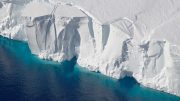
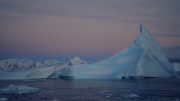
What does SciTech say to the following:
1. Earth is still in an Ice Age, which is defined by the existence of polar caps
2. in the 600 million years since complex life becoming established on Earth, for 480 million years (80%) approx there were no Ice Ages and no polar caps
3. Tree and dinosaur fossils have been found on Antarctica
4. When dinosaurs roamed the Earth temps were ~10 deg C higher and CO2 levels were circa 1,500-1,800 ppm
They say climate change, climate change, climate change, climate change, daily. Scitechdaily just publishes press releases, and tying everything to climate change is how to get funding right now until the next rockstar fad. This particular study appears to have no original research at all.
“Nations must understand that by continuing to explore, extract and burn fossil fuels anywhere in the world, the environment of Antarctica will become ever more affected” doesn’t appreciate how difficult it is to get to Antarctica and survive there just to study it, but how fossil fuels make it possible at all. They’re trying to ‘decarbonize’ electricity now by flying in solar panels and wind turbines, for that intense antarctic tropical sunshine and gentle environmental conditions, as if there’s no fossil fuel involved in making & replacing those. As if the dozen universities creating this report and the UK government and UN who funded it use no fossil fuels, hypocrites lecturing nations.
“Nations must understand that by continuing to explore, extract and burn fossil fuels anywhere in the world, the environment of Antarctica will become ever more affected in ways inconsistent with their pledge.”
Supporting facts not in evidence.